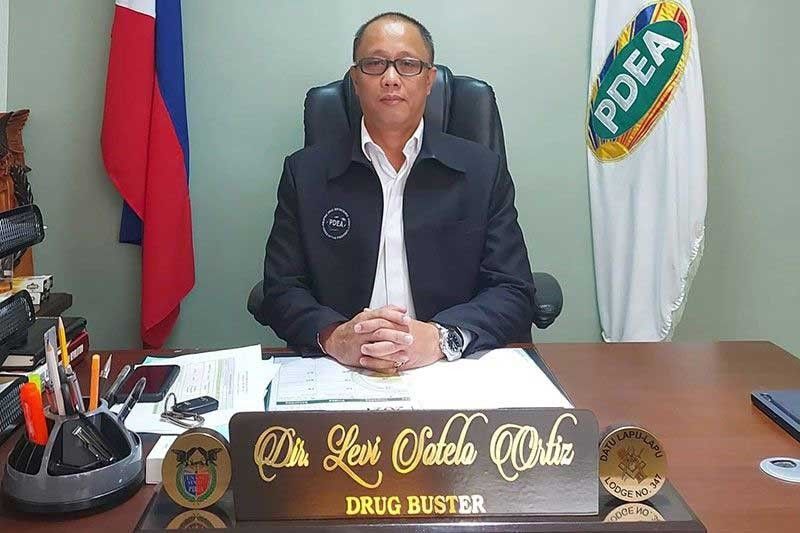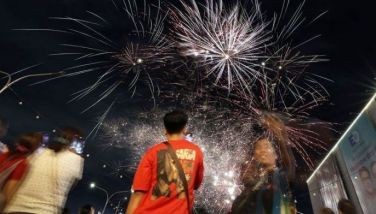2 barangays now drug-free, 47 drug-cleared

CEBU, Philippines — The Regional Oversight Committee on Barangay Drug Clearing (ROCBDC) has declared two barangays in Central Visayas as drug-free while 47 others were granted a drug-cleared status.
The two barangays that are now considered drug-free are Tibyawan in Ayungon and Pangca in La Libertad both in Negros Oriental. The 47 barangays that were given drug-cleared status include Barangay Bakilid in Mandaue City and Barangay Tungasan in Lapu-Lapu City.
Bakilid was the first barangay in Mandaue City to be declared drug-free while Tungasan was the third in Lapu-Lapu City. The other two Lapu-Lapu City barangays previously declared drug-cleared were Tingo and Baring in Olango Island.
In Cebu City, three more barangays---Parian, Sudlon 2, and Toong---were granted a drug-cleared status bringing to seven the total number of drug-cleared barangays. The other barangays are Sinsin, Sapangdaku, Santo Niño, and Sudlon 1.
At least 11 barangays from Cebu Province—three from Daanbantayan, five from Bantayan, two from Santa Fe, and one from Malabuyoc---were also among the 47 recently cleared from illegal drugs.
PDEA-7 Director Levi Ortiz who also sits as chairman of the oversight committee expressed his gratitude to the various local government units (LGU), especially the barangays officials, for their ‘successful implementation of the barangay drug-clearing program’ despite the challenges brought about by the pandemic.
“This is proof that our LGUs understand that solving the drug problem is key to addressing other pressing social concerns,” said Ortiz.
Ortiz also explained the misconception on the drug-cleared status given to a particular barangay. According to him, when a barangay is given a drug-cleared status, this means that all the identified drug personalities have been accounted for and underwent intervention programs.
“The intervention program is whether enrollment to a rehabilitation or reformation program or the conduct of anti-illegal drug operations for hardened drug personalities. It also implies that an effective monitoring mechanism is in place through the BADACs (Barangay Anti-Drug Abuse Council),” said Ortiz.
“By no means does it signify that anti-illegal drug operations or advocacy activities will stop in these barangays. In fact, monitoring of drug personalities and demand reduction efforts will be intensified. BDCP is a continuing program, and monitoring and sustainability are critical elements in the success of BDCP,” he added.
On the other hand, drug-free means that a barangay is totally free from illegal drug activities.
Ortiz said that anti-illegal drug efforts in the barangays must be sustained or their status will be reverted to drug affected.
BDCP is designed to help barangays become drug-resistant and self-policing, and its sustained implementation is pursuant to DDB Regulation No. 4, Series of 2021. — FPL (FREEMAN)
- Latest























